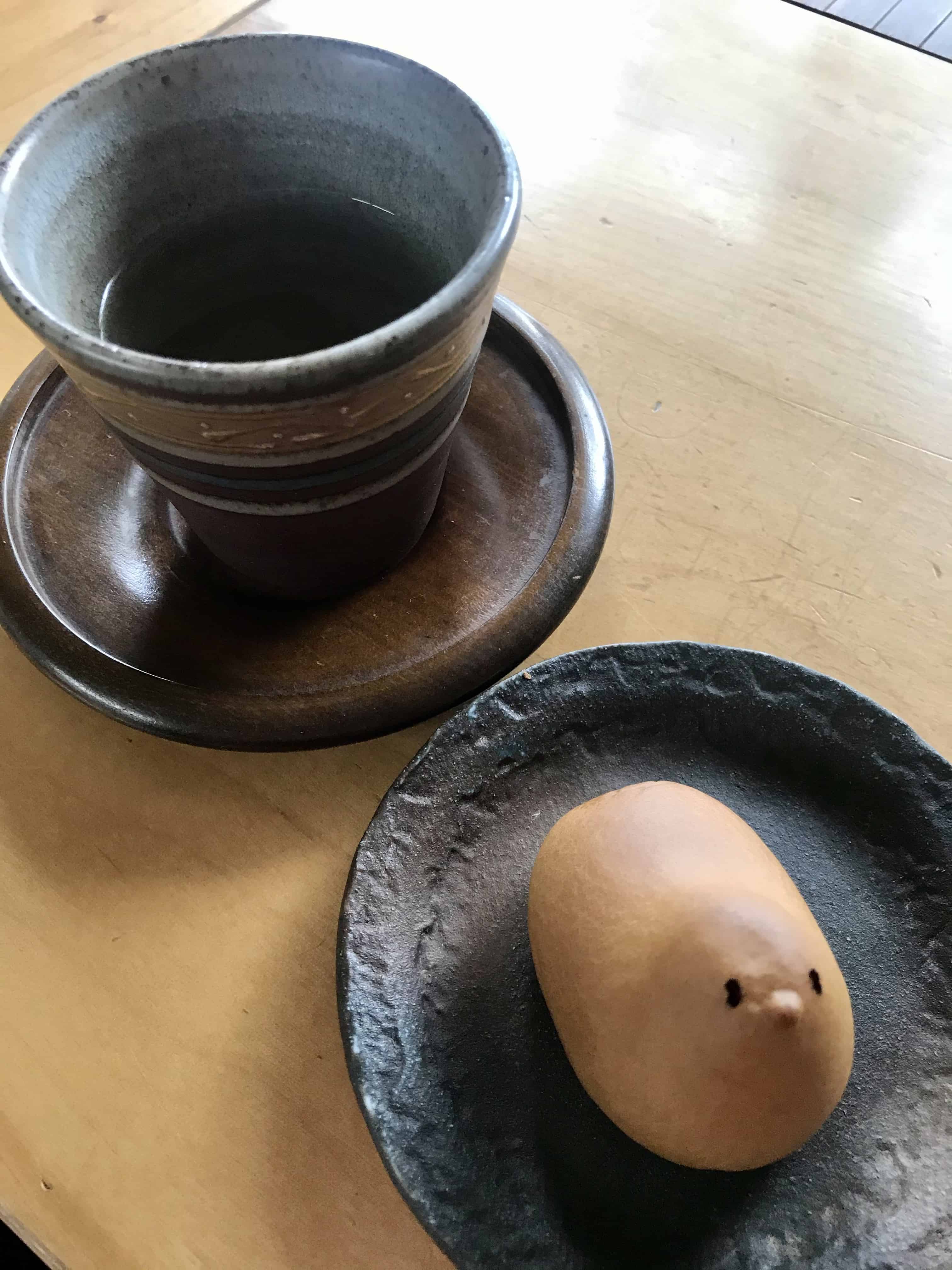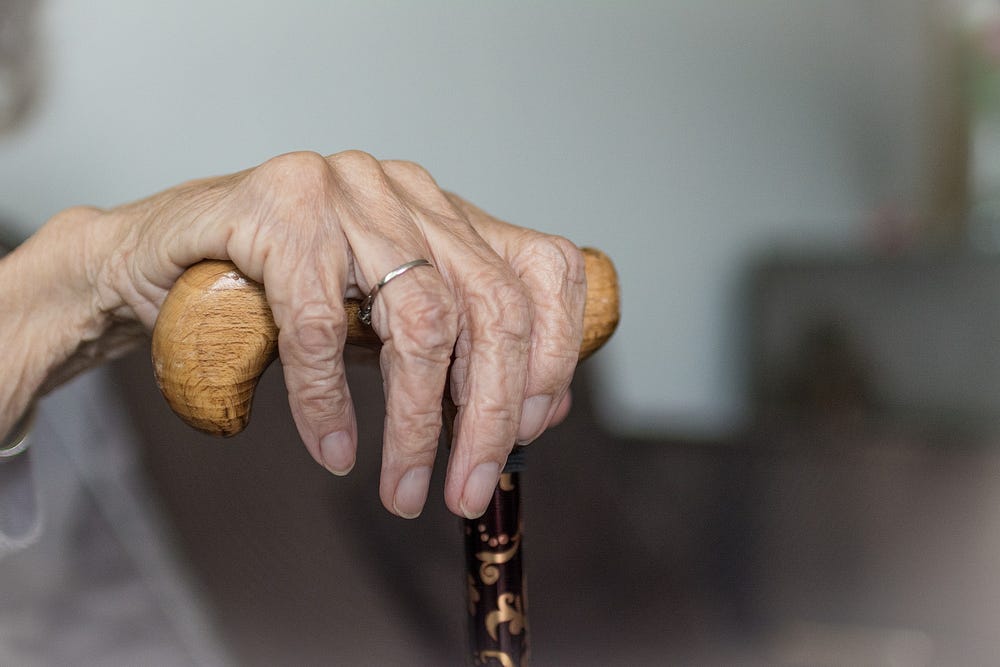Elderly Japanese Unwittingly Reveal Simple Truths
I’ve been teaching basic English conversation at a home for the elderly for the past 26 years. Wonderful friends have come and gone. Along the way, I have been privileged to listen to many interesting stories, from dramatic tales of how “beautiful” lava from the volcano Sakurajima is when it erupts at night and experiences they had during WWII, to more mundane stories of daily life.

One day, as we sat around a table after class chatting over our tea, I overheard this snippet of conversation.
“You know kanji, right? I can still read them with no problem, but I cannot remember at all how to write them,” one gray-haired grandmother bemoaned. (Kanji are the thousands of Chinese characters adapted and used in Japanese.)
The woman she spoke to was a picture of loveliness. She had taken time in the morning to put on makeup and bobby-pin her black wig atop her hoary head. It looked a bit like a jaunty hat.
“I can’t write them at all!” she said with a good-natured smile. Then she added a very common Japanese expression, Shikataganai, “It can’t be helped.”
She went on, addressing everyone at the table, “Look at us! We’re in our 90’s! We can’t expect to have the minds of young people. We should just be very thankful to have lived so long, don’t you think?”
Kansha — Gratitude
Another woman who attends my class is a beautiful 100-year-old with an angelic halo of white fluffy hair who still lives alone in her own house. She turned to me and said,
“Each day when I wake up, I am filled with appreciation! My ears can hear. My eyes can see. I am alive. I am healthy. I have so much to be thankful for.”
“Kansha, kansha,” she said. “Gratitude.”

Wishing everyone a wonderful and gratitude-filled day!
If you have questions about Japan or suggestions for articles, please add them in the comments. For more photos and information on Japan, follow me on instagram at: https://www.instagram.com/more_than_tokyo/




